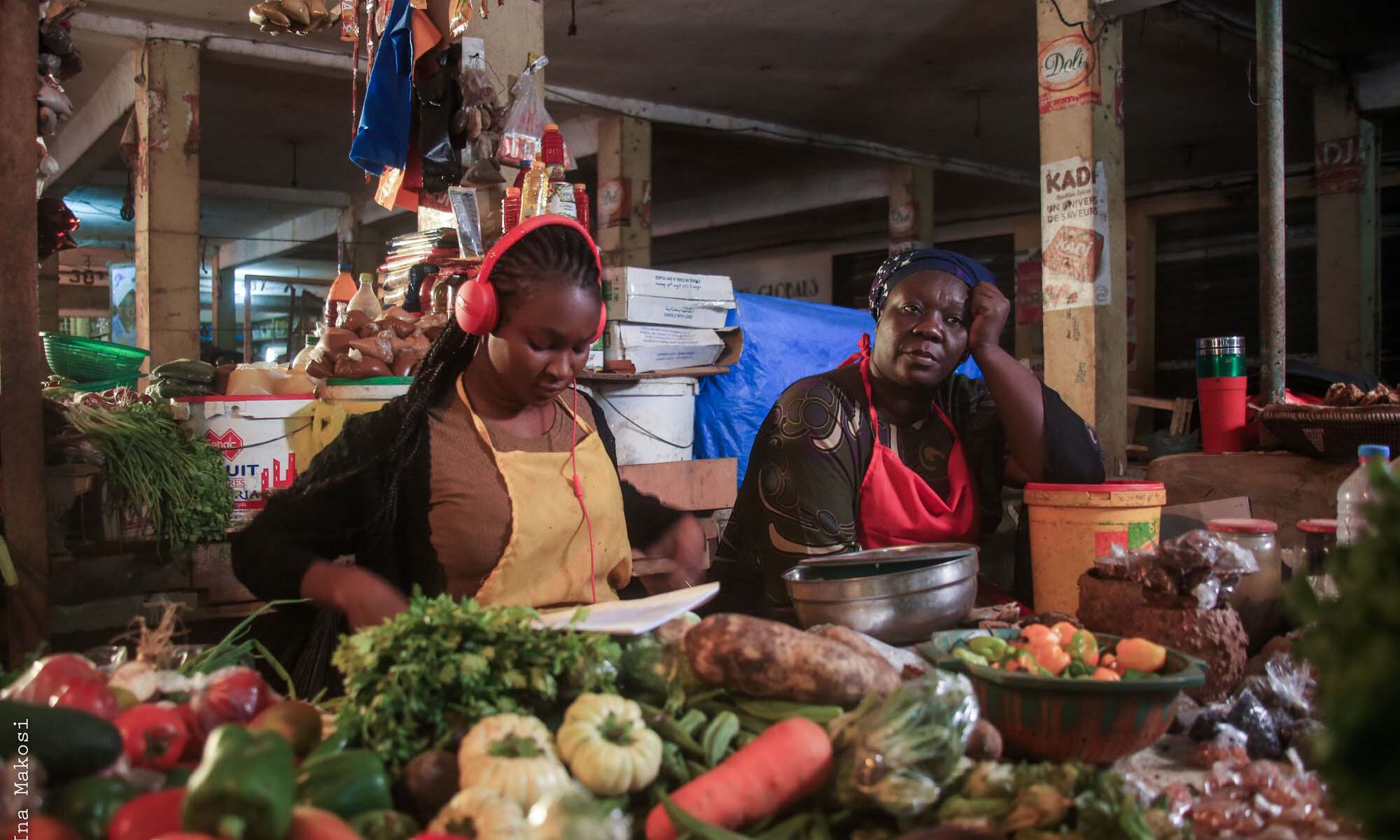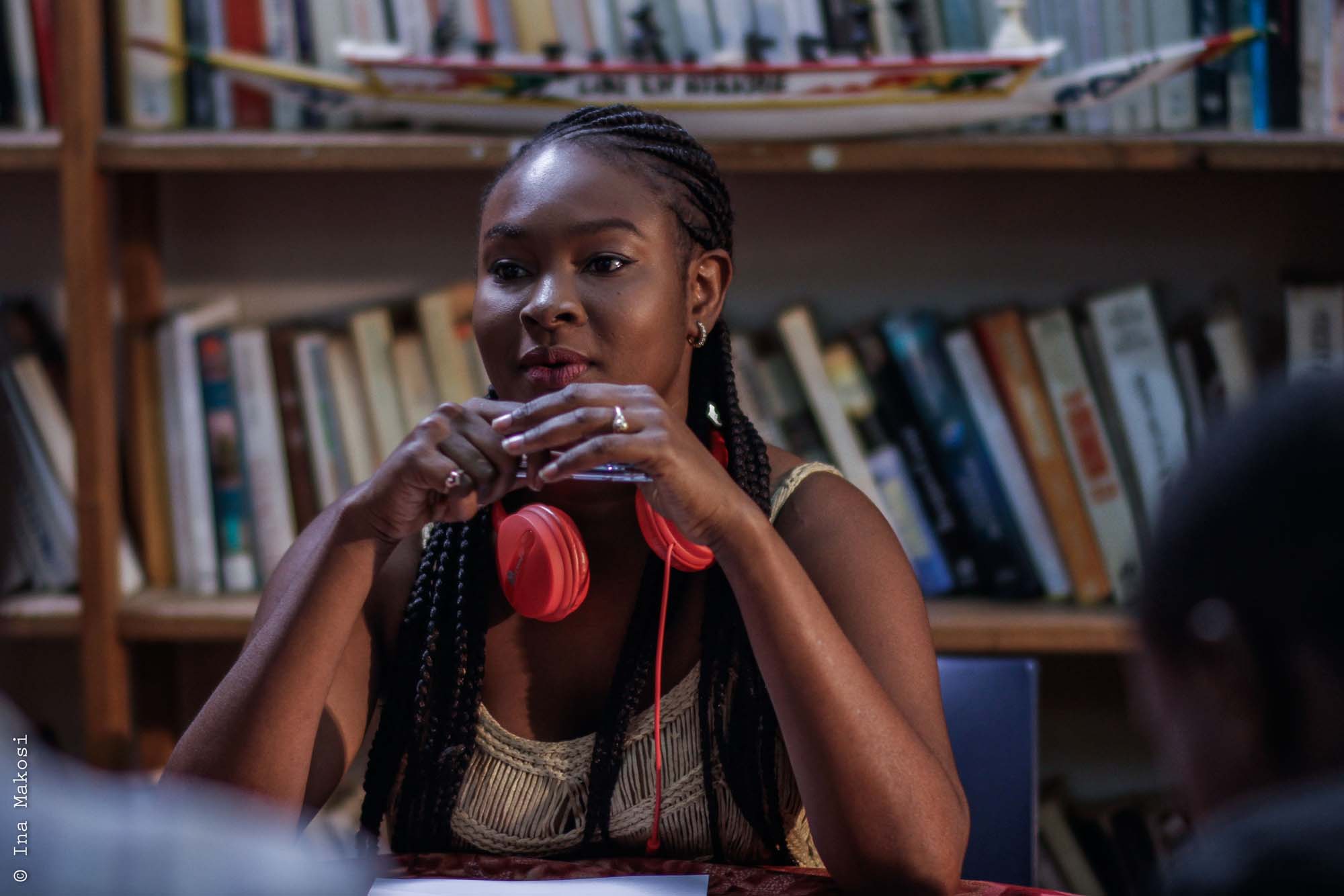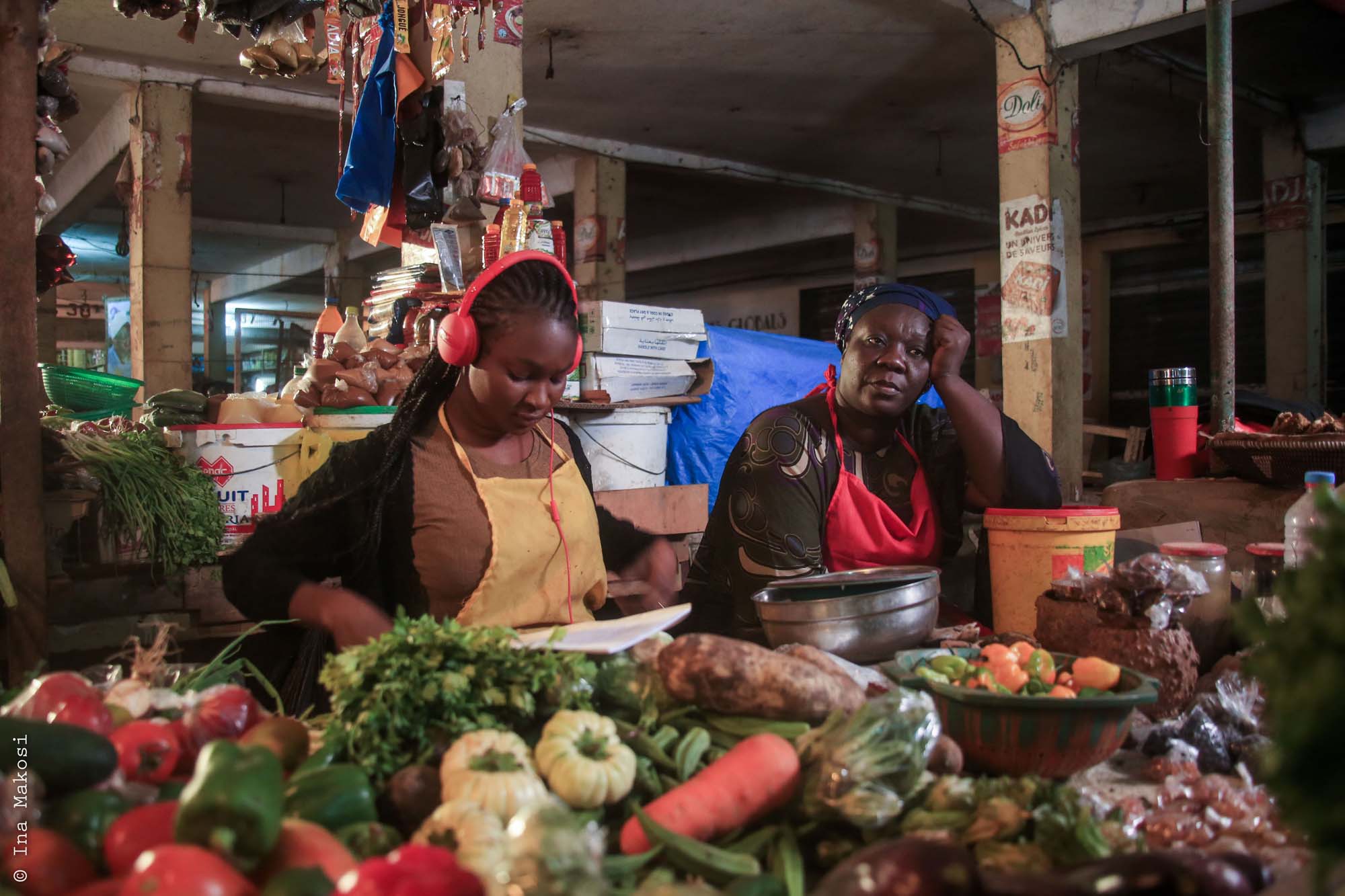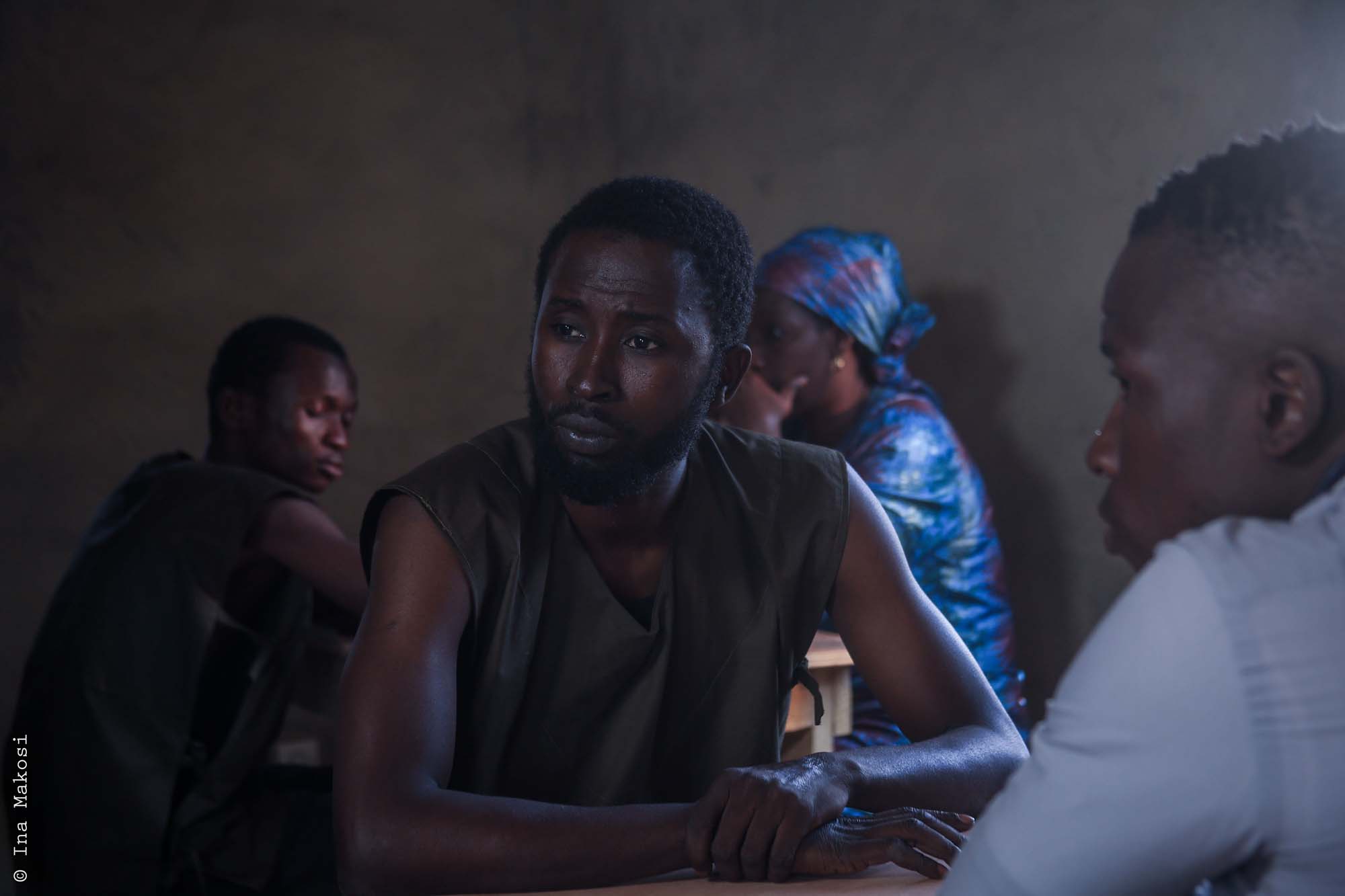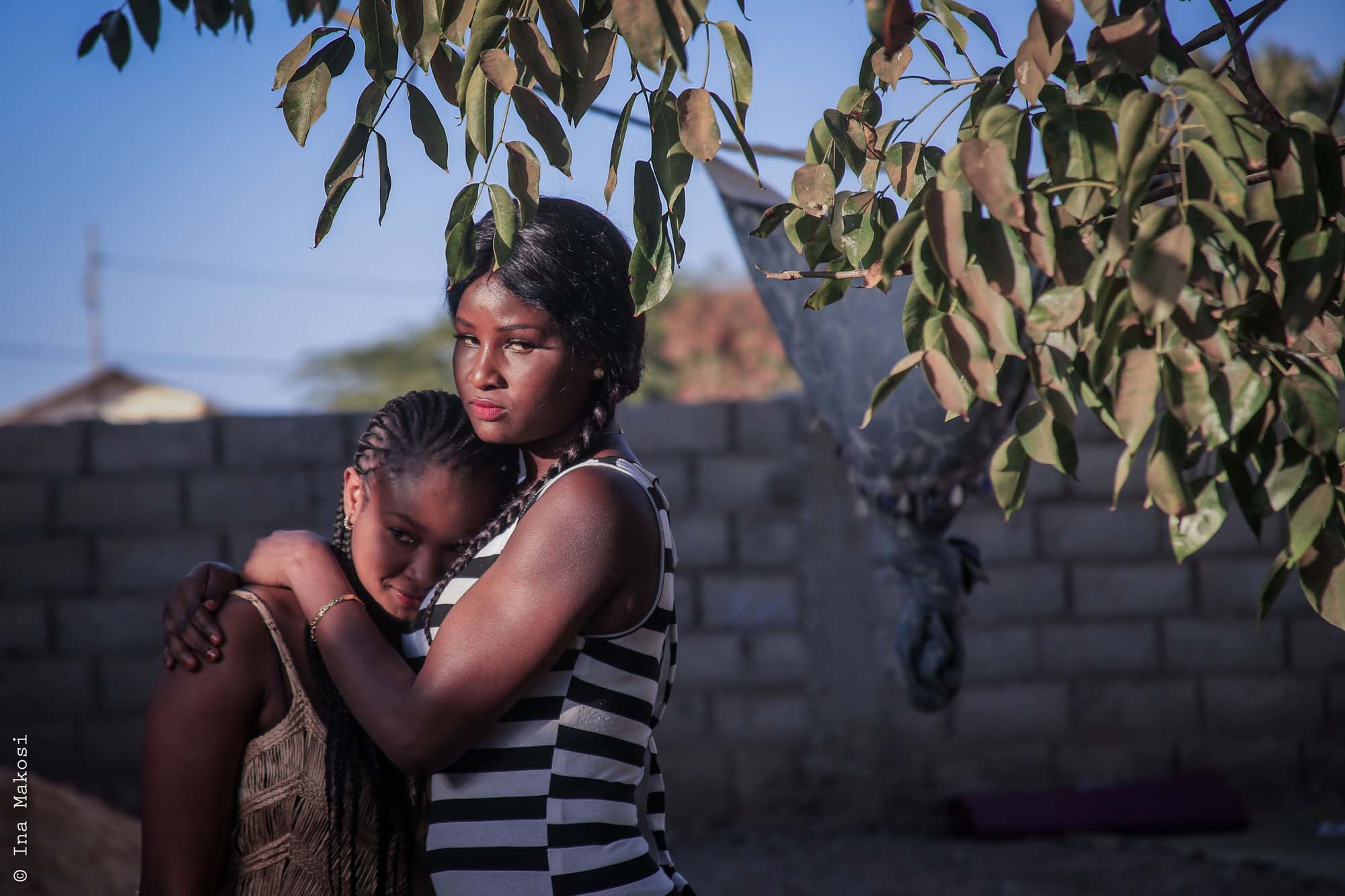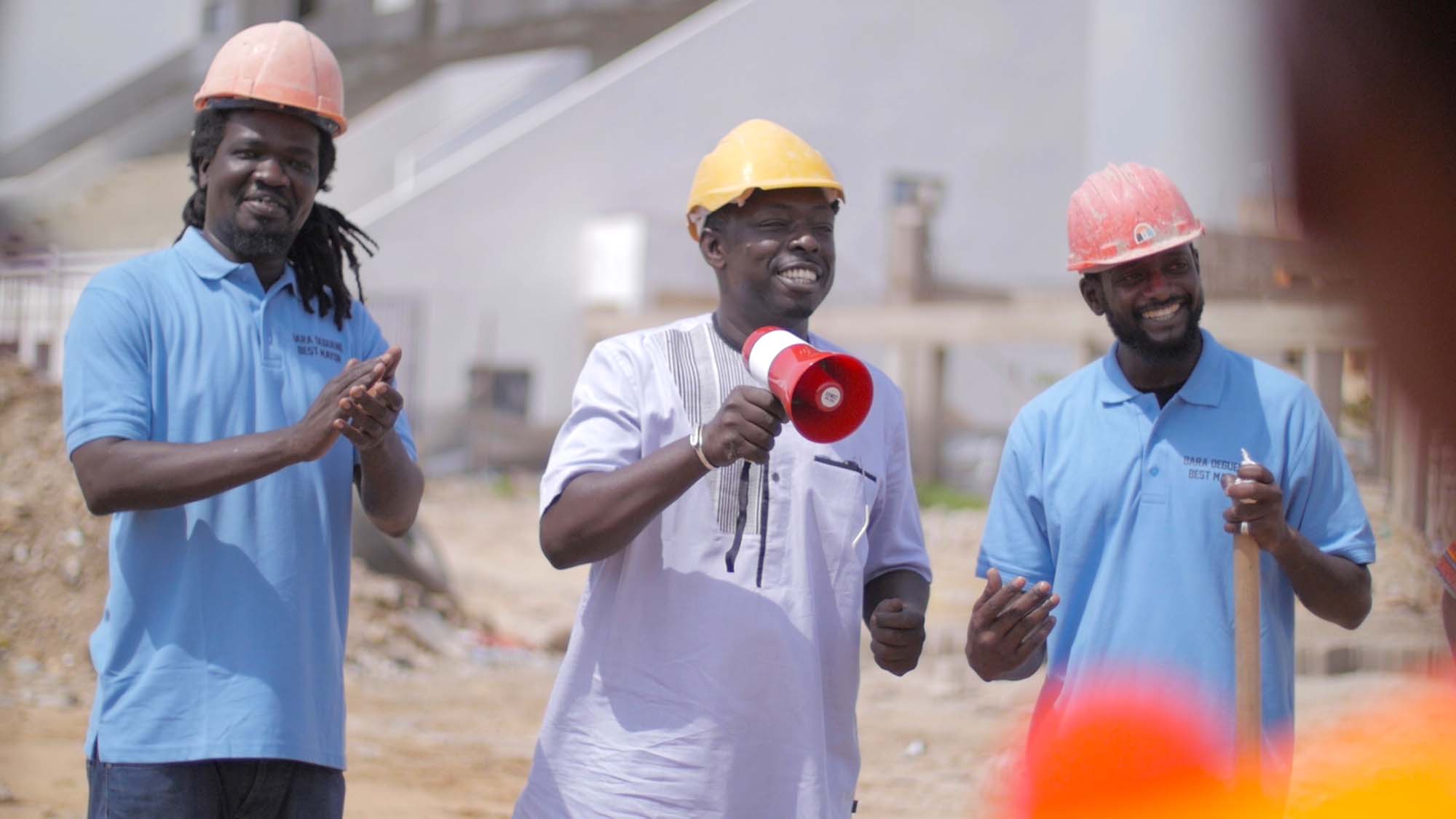[:de]
DI 16 NOV
20.00 ARSENAL
TICKETS
von Fatou Kandé Senghor
Senegal 2021 I OmE I Digital File
im Anschluss Podiumsgespräch mit der Regisseurin, moderiert von Achan Malonda
in Kooperation mit der Heinrich-Böll-Stiftung
AFRIKAMERA präsentiert am Festivaldienstag in Kooperation mit der Heinrich-Böll-Stiftung ein Sonderprogramm zur HipHop-Kultur im Senegal, dessen Hauptstadt Dakar als die Rap-Metropole des Kontinents betrachtet werden kann. Fatou Kandé Senghor, Autorin des Buchs „Wala bok: An oral history of hip hop in Senegal“ hat unter gleichnamigem Titel eine 30-teilige Serie kreiert, die aktuell Premiere auf der senegalesischen Plattform WIDO feiert.
Die Heldin von WALABOK ist die 18-jährige Mossane, viertes Kind einer siebenköpfigen Familie, die in einem Vorstadtviertel Dakars lebt.
Mossane ist fest entschlossen, aus ihrer Leidenschaft für HipHop eine Karriere auf der Bühne zu machen. Mossanes Mutter, die mit unbändiger Kraft und Entschlossenheit alleine die Familie ernährt, ist Mossane dabei zugleich Vorbild als auch Sinnbild der gesellschaftlichen Enge, in denen sich Frauen in Senegal bewegen. Denn eine künstlerische Karriere hat im harten Alltag der Familie keinen Platz – und die männerdominierte Welt des HipHop bringt Rapperinnen wie Mossane vor allem Widerstand entgegen.
WALABOK bringt den Zuschauer*innen die Realität der in den Vorstädten Dakars lebenden Jugendlichen näher, einer Jugend, die in der Kultur des HipHop ihre Heimat findet, gegen soziale Ungerechtigkeiten rebelliert und von einem besseren Leben träumt – und rappt.
Im Anschluss an die Vorführung von zwei ausgewählten Episoden findet ein Gespräch mit der Regisseurin über die Situation der Jugend in Dakar, über HipHop, die politische Bedeutung von Fernsehserien und über die lauter werdenden Proteste der Frauen gegen Traditionen und Gewalt statt.
Der Eintritt zur Veranstaltung ist frei.
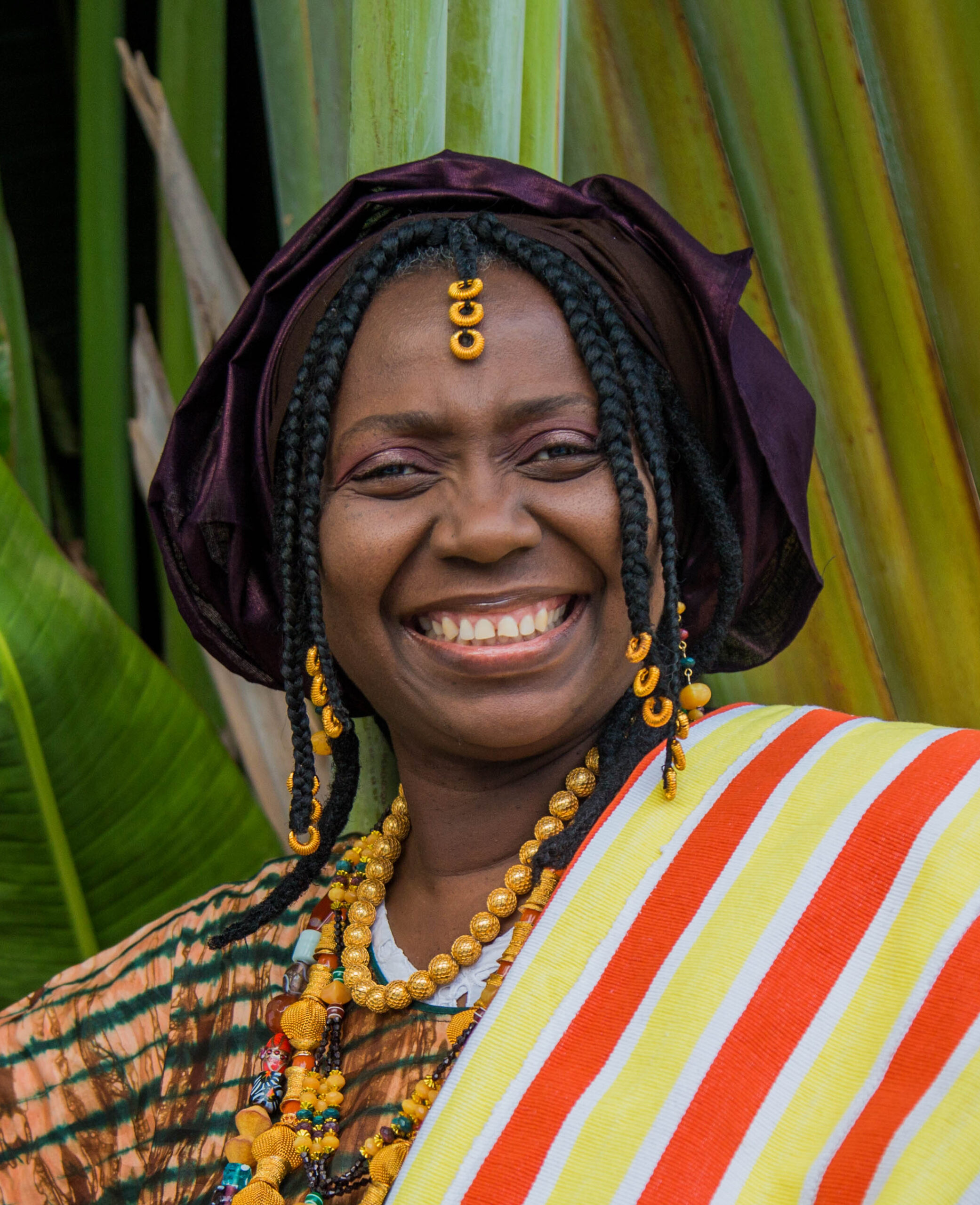
Fatou Kandé Senghor ist eine preisgekrönte Autorin, bildende Künstlerin, Dokumentarfilmerin und Pädagogin, sie lebt in Dakar. Ihr jüngster Film „Donner Naissance“ („Giving Birth“), wurde für die 56. Biennale von Venedig ausgewählt.
Senghor hat zahlreiche Beiträge zu den Themen Gender, Kultur, Geschichte und afrikanisches Kino verfasst und ist Gründerin von Waru Studio, einem Raum für junge Künstler und Filmemacher, in dem die Schnittstellen von Kunst, Wissenschaft, Technologie und Politik in Afrika erforscht werden. Zu ihren wichtigsten Kooperationen zählen u.a. die Zusammenarbeit mit Ousmane Sembène bei „Faat Kiné“ (2000) und mit Wim Wenders bei „The Invisible“ (2007), einem Dokumentarfilm über sexuelle Gewalt gegen Frauen im Kongo.
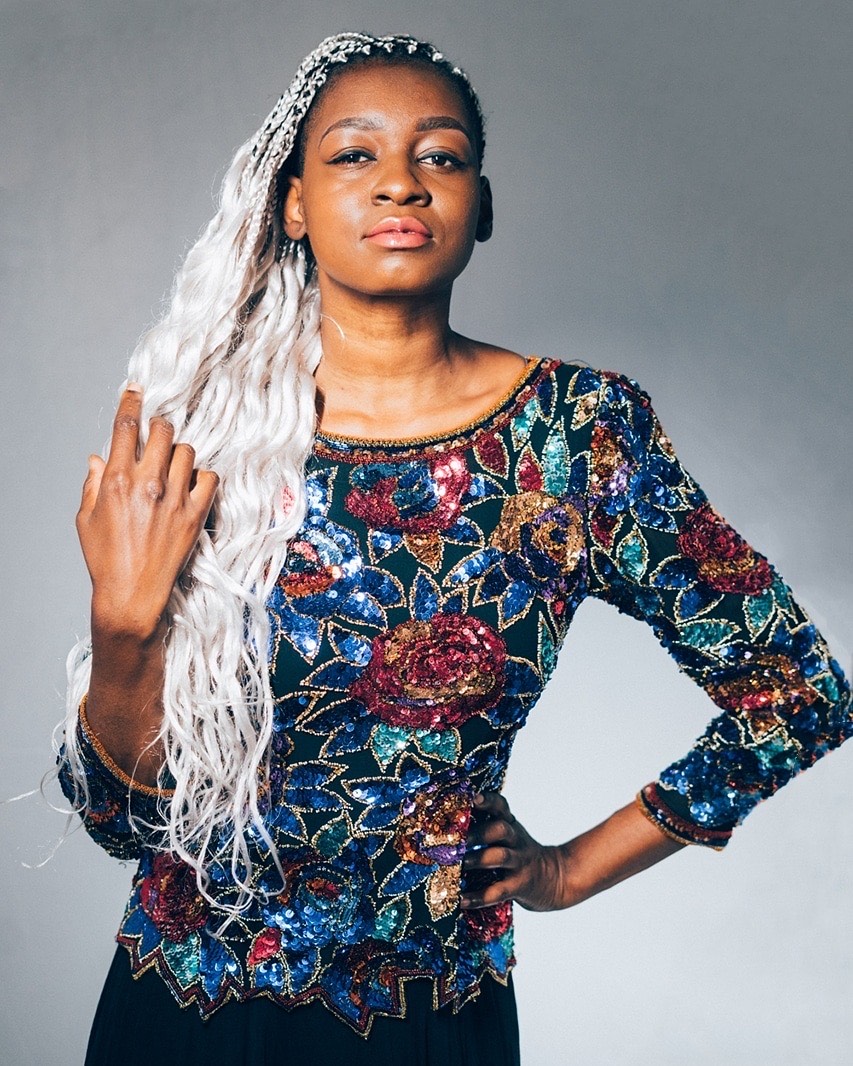
Malonda (sie/ihr) ist eine in Berlin lebende Sängerin, Songwriterin und Elektrik Diva, die eigene Songs schreibt und auch auf Theaterbühnen brilliert. Neben der Musik brennt sie für antirassistische und queer-feministische Themen. Indem sie über Geschlechterrollen, Sex und Diversität singt und spricht, macht sich Malonda als politische Künstlerin einen Namen.
TUE 16 NOV
20.00 ARSENAL
TICKETS
By Fatou Kandé Senghor
Senegal 2021 I ca. 60 min I OV with Engl. Subs
Followed by a discussion with the director, moderated by Achan Malonda
in cooperation with the Heinrich Böll Foundation
AFRIKAMERA presents on festival Tuesday in cooperation with the Heinrich Böll Foundation a special program on hip hop culture in Senegal, whose capital Dakar can be considered the rap metropolis of the continent. Fatou Kandé Senghor, author of the book „Wala bok: An oral history of hip hop in Senegal,“ has created a 30-part series under the same title that is currently premiering on the Senegalese platform WIDO.
The heroine of WALABOK is 18-year-old Mossane, fourth child of a family of seven living in a suburban neighborhood of Dakar. Mossane is determined to turn her passion for hip-hop into a career on the stage. Mossane’s mother, who feeds the family alone with unbridled strength and determination, is both a role model for Mossane and a symbol of the social confines in which women move in Senegal. For an artistic career has no place in the hard everyday life of the family – and the male-dominated world of hip-hop primarily opposes female rappers like Mossane.
WALABOK brings the audience closer to the reality of young people living in the suburbs of Dakar, a youth that finds its home in the culture of hip hop, rebels against social injustices and dreams of a better life – and raps.
Following the screening of two selected episodes, there will be a discussion with the director about the situation of youth in Dakar, hip hop, the political significance of television series, and the louder protests of women against traditions and violence.
Admission to the event is free.

Fatou Kandé Senghor is an award-winning writer, visual artist, documentary filmmaker and educator, living in Dakar. Her most recent film, „Donner Naissance“ („Giving Birth“), was selected for the 56th Venice Biennale.
Senghor has written widely on gender, culture, history and African cinema and is the founder of Waru Studio, a space for young artists and filmmakers to explore the intersections of art, science, technology and politics in Africa. Her most important collaborations include working with Ousmane Sembène on „Faat Kiné“ (2000) and with Wim Wenders on „The Invisible“ (2007), a documentary about sexual violence against women in Congo.

Malonda (she/her) is a Berlin based singer, songwriter and electric pop diva whose work spans musical theater and her own self and co-written tracks. As well as creating music, she is a passionate anti racist and queer feminist activist. Singing and speaking out about topics such as gender, sexuality and diversity, Malonda is coming into her own as a political artist.
